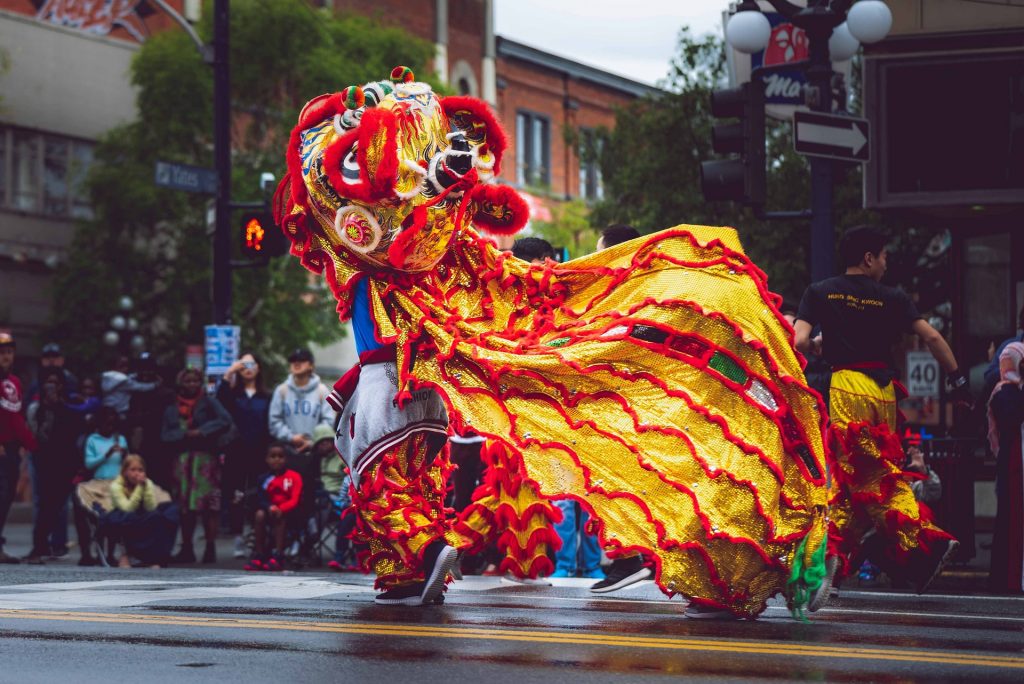Vancouver Translation Services
Chinese families in Vancouver have a long and storied history that stretches from the original workers on the Canadian Pacific Railway in the late 1800s to today’s immigrants and families of substantial wealth who come to Vancouver for business and educational opportunities for their children. The cosmopolitan city itself is renowned for being the most multicultural in Canada, and out of the city’s total population, a whopping 20% speak Chinese. Of those who speak another language at home and thus give the city its multicultural crown, almost half speak Chinese.
Like Vancouver itself, the topic of Chinese translation is nuanced. Two essential questions must be asked – “Which Chinese language?” and “How is it written?”
Mandarin vs Cantonese
There are many forms of Chinese, and the two most popular, Mandarin and Cantonese, can be classified as different dialects of the same language (like US English and UK English). Unlike US and UK English, however, they are not mutually comprehensible. So while someone from the US and someone from the UK could generally communicate with one another with limited difficulty and only slight variations in vocabulary and accent, speakers of Mandarin and speakers of Chinese would find it much, much more difficult to converse with one another.
Across the world, there are significantly more Mandarin than Cantonese speakers (1.1 billion versus less than 100 million), and that is largely because Mandarin is spoken in massive mainland China and is the country’s official language. Cantonese is more commonly found in Macau, the Guangdong province, and especially Hong Kong, where it is spoken by about 96% of the population.
Mandarin vs Cantonese in Vancouver
With over ten times more Mandarin than Cantonese speakers in the world, it may come as a bit of a surprise that Vancouver has roughly the same number of speakers of each. This is the same case, however, in other North American cities with a large Chinese influence like San Francisco and Seattle, and it is basically due to the fact that traditionally the largest number of immigrants have come from China’s Guangdong region where Cantonese is spoken. In fact, there used to be much more Cantonese than Mandarin spoken in Vancouver, and only recently have numbers started to balance out.
Traditional versus Simplified Chinese in Vancouver
Now things get a bit more complicated, or less, depending on your perspective. Both Mandarin and Cantonese use the same system for writing characters. So while the different speakers would not be able to converse, they could both read and understand the same text. There is of course a caveat – Chinese has two forms of writing, Traditional and Simplified. These cannot typically be read and understood by someone who only knows one of the two forms of writing.
Traditional versus Simplified Chinese in Vancouver

Now things get a bit more complicated, or less, depending on your perspective. Both Mandarin and Cantonese use the same system for writing characters. So while the different speakers would not be able to converse, they could both read and understand the same text. There is of course a caveat – Chinese has two forms of writing, Traditional and Simplified. These cannot typically be read and understood by someone who only knows one of the two forms of writing.
Traditional versus Simplified Chinese in Vancouver
Now things get a bit more complicated, or less, depending on your perspective. Both Mandarin and Cantonese use the same system for writing characters. So while the different speakers would not be able to converse, they could both read and understand the same text. There is of course a caveat – Chinese has two forms of writing, Traditional and Simplified. These cannot typically be read and understood by someone who only knows one of the two forms of writing.
First things first, Traditional does not equal Cantonese and Simplified does not equal Mandarin, or vice-versa. Both Traditional and Simplified Chinese are seen in Vancouver, typically depending on where the audience is historically from and whether or not the audience speaks Mandarin or Cantonese.
Is the Best Translation into Mandarin or Cantonese? Simplified or Traditional?
There is no one-size-fits-all solution for English to Chinese document translation. You need to know your audience, where they’re from, what dialect they speak, and what form of writing they most commonly use. Generally speaking, if the audience is from mainland China, you should lean towards Simplified Mandarin. If the audience is from Hong Kong or Macau, Traditional Cantonese may be your best bet. If you need further guidance on Vancouver translation services, APlus Translations representatives are happy to help.